Nursing, a profession we deeply value today, boasts a rich and fascinating history. While Florence Nightingale is often hailed as the “founder of modern nursing,” the roots of caring for the sick and injured stretch back millennia. Let’s embark on a historical voyage, exploring how nursing evolved from its humble beginnings to the sophisticated healthcare practice it is today. Best male gnm nursing colleges in west bengal
Early Civilizations and the Seeds of Care
The earliest evidence of nursing care dates back to ancient civilizations. Around 300-200 AD, the Roman Empire constructed hospitals in various towns, requiring a dedicated workforce to tend to the sick and wounded. Roman women often played this role, laying the foundation for the concept of caregiving.
The Rise of Religious Orders and Deaconesses
The spread of Christianity in the 4th and 5th centuries saw the emergence of religious orders dedicated to caring for the sick. These groups, primarily women, were known as deaconesses and provided vital care within the early Christian church.
Medieval Monasteries: Havens of Healing
During the Middle Ages, monasteries became centres of both religious practice and healthcare. Monks and nuns provided basic medical care to the community, further solidifying the link between faith and caregiving.
The Dark Ages and a Setback for Nursing
The period following the fall of the Roman Empire witnessed a decline in organized healthcare practices. With the rise of superstition and a lack of scientific understanding, nursing care became fragmented and less effective.
The Renaissance and the Reemergence of Care
The Renaissance ushered in a renewed interest in science and medicine. Women continued to be the primary caregivers, often drawing upon herbal remedies and traditional practices passed down through generations. However, the lack of formal training remained a challenge.
The 19th Century: Florence Nightingale and the Dawn of Modern Nursing
The 19th century marked a turning point in the history of nursing. Florence Nightingale, a British social reformer, revolutionized the profession during the Crimean War (1854-1856). Appalled by the appalling conditions in military hospitals, she established nursing as a secular profession based on scientific principles and hygiene.
Nightingale’s groundbreaking work included:
- Implementing sanitation practices that dramatically reduced mortality rates.
- Established the first secular nursing school at St. Thomas’ Hospital in London in 1860.
- Emphasizing the importance of observation, documentation, and data-driven care.
The 20th Century: Specialization and Expansion
The 20th century witnessed a surge in the professionalization and diversification of nursing. With advancements in medical technology, different nursing specialities emerged, such as:
- Registered Nurses (RNs): Providing direct patient care and coordinating healthcare teams.
- Licensed Practical Nurses (LPNs): Assisting RNs with patient care tasks.
- Advanced Practice Registered Nurses (APRNs): Specializing in areas like paediatrics, critical care, or anaesthesia.
The 20th century also saw a rise in male nurses, who began challenging traditional gender stereotypes and contributing significantly to the field.
The 21st Century and Beyond A Future of Innovation
Today, nursing continues to evolve rapidly. Technology is playing a transformative role, with nurses utilising electronic health records, telehealth, and advanced monitoring systems. Research and education are paramount, with nurses actively involved in developing evidence-based practices and improving patient outcomes.
Looking Ahead: Opportunities in West Bengal
While this blog has provided a historical overview, it’s important to acknowledge the ongoing need for qualified nurses in India, particularly in West Bengal. The state offers numerous General Nursing and Midwifery (GNM) programs, including colleges welcoming male students.
Finding the “Best” College
Remember, the “best” college is subjective. It’s about finding the institution that aligns most closely with your learning style, career goals, and personal preferences. Don’t hesitate to reach out to the colleges directly for further information or schedule campus visits to get a feel for the environment.
Application Process: Preparing for Admission
Once you’ve shortlisted your preferred colleges, familiarize yourself with their specific application procedures. These may involve entrance exams, interviews, and document submissions. Information regarding application forms and deadlines can usually be found on the college website or obtained by contacting the admissions office. It’s advised to start searching as quickly as you can so that you do not miss filling out the application form for the best male nursing college in West Bengal.
Considering a GNM program? Here are some resources
- GNM Male Nursing Colleges in West Bengal: Many colleges are fostering a more inclusive environment. The descriptive and vast course, along with a variety of out-of-classroom curricula is what attracts students towards the most promising Male GNM nursing colleges in West Bengal.
- Budge Budge Institute of Nursing: This institute has established itself as one of the best GNM male nursing colleges in West Bengal. They offer a well-rounded curriculum, experienced faculty, and a supportive learning environment specifically catering to aspiring male nurses (be sure to check their website for application form details).
A Legacy of Caring
The history of nursing is a testament to the unwavering human spirit’s dedication to caring for others. From the early caregivers of ancient civilizations to the sophisticated healthcare professionals of today, nurses have played a vital role in alleviating suffering and promoting well-being. As we move forward, the future of nursing promises continued innovation and a commitment to providing exceptional care to patients around the globe.
Building Your Nursing Network: A Support System for Success (Especially for Men in Nursing)
The world of nursing is a vast and dynamic one. As you embark on this rewarding career path, building a strong network can be an invaluable asset. Here’s why it’s particularly important for men entering the field:
Breaking Down Barriers: Historically, nursing has been a female-dominated profession. Building a network allows you to connect with male mentors and peers who can offer unique guidance and support in navigating this landscape.
Knowledge and Opportunities: Your network acts as a knowledge bank. Classmates, professors, and experienced nurses can offer insights into different specialities, career paths, and job opportunities.
Lifelong Support: Nursing is a lifelong learning journey. A strong network provides a source of encouragement, advice, and collaboration throughout your career.
Embrace the Journey: A Rewarding Career Awaits
Choosing the right nursing college is a crucial first step, but remember, it’s just the beginning of an incredible journey. Nursing is a dynamic and ever-evolving field offering endless opportunities for growth, personal fulfilment, and the chance to make a real difference in people’s lives. With dedication and a passion for care, you can build a successful and rewarding career in this noble profession.



